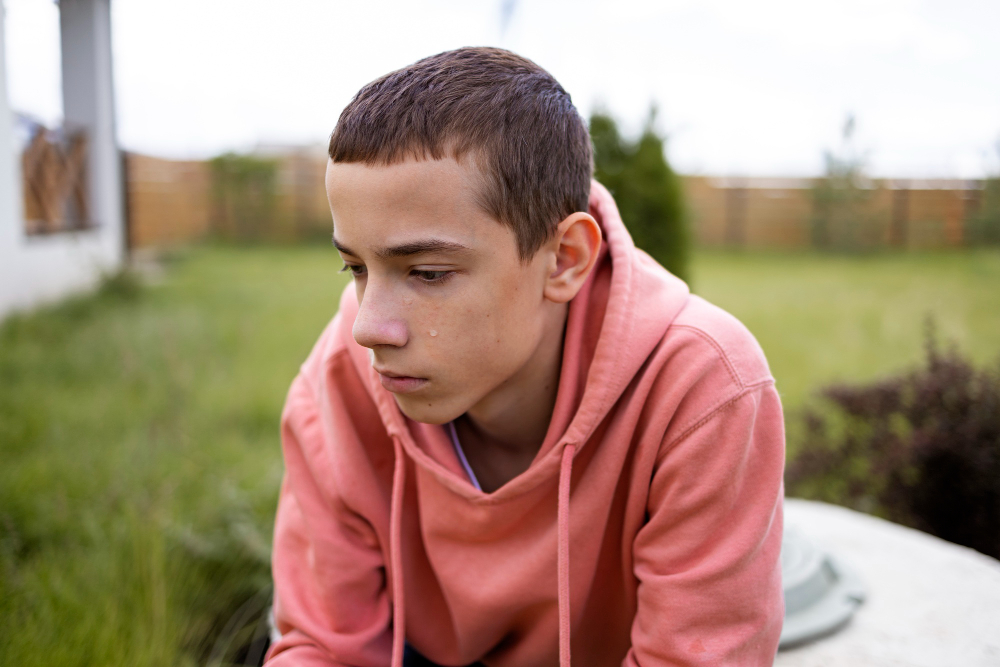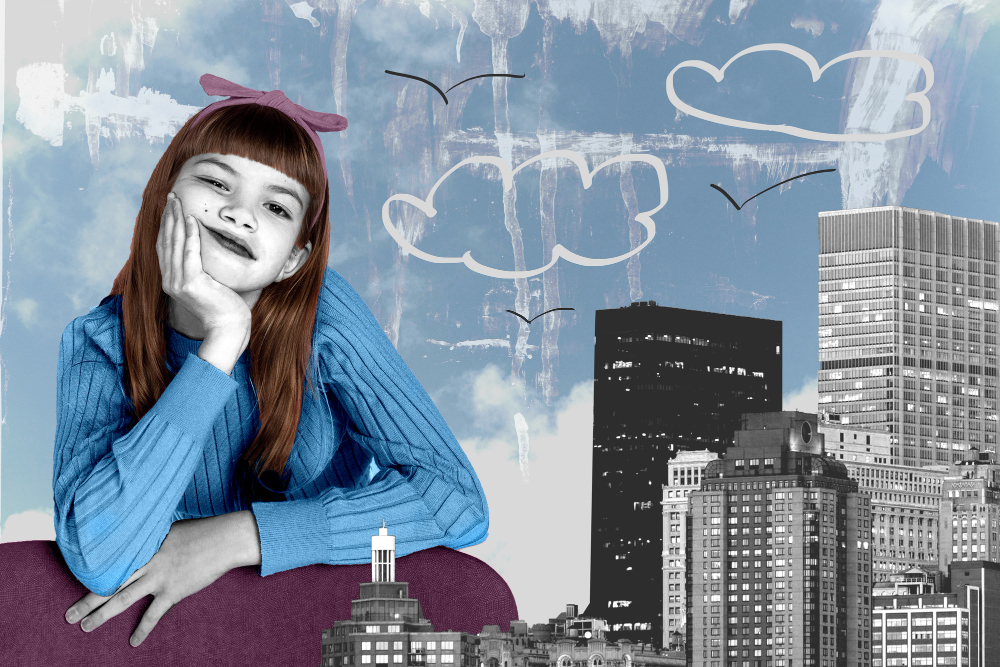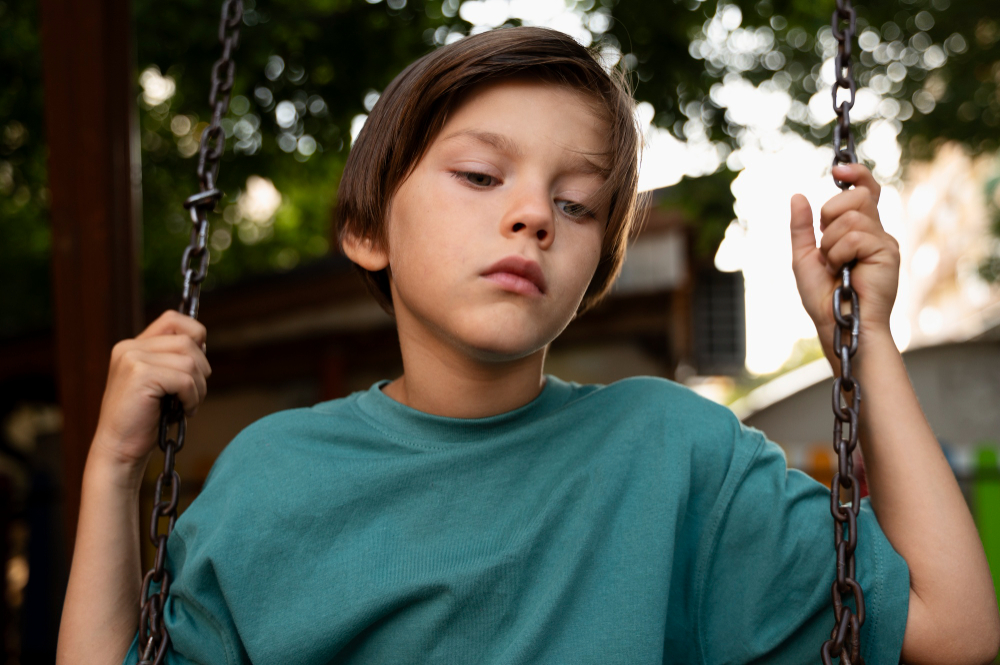In the quiet space between a teacher’s sentence and a child’s sinking stomach, there is often a phrase so vague, so familiar, so cleanly polished that most adults barely register it as discipline at all—“We’re just taking a pause on privileges,” or “It’s not a punishment; it’s about helping the group learn.”
But children feel it in their bodies. And families feel it in their bones.
They know the difference between community and control. Between natural consequence and quiet retaliation. Between a restorative circle and a public shaming in disguise.
They know, even when the words are soft and smiling, that something has been taken away from everyone because of what one—or a few—have done. And they know that this feeling, this moment of collective guilt, has a name.
It’s called collective punishment.
And it doesn’t always go by that name.
-
What are all the names of collective punishment?
Collective punishment doesn’t always go by that name. In schools, this harmful practice is often hidden behind vague, everyday language. Families may not hear the words “collective punishment”—but they feel its effects when an entire group is disciplined…
The polite language of control
Schools, like many institutions, rely on euphemism to manage emotional and political risk. It’s easier to say “We’re resetting expectations” than to admit, “We’re punishing everyone at once because we’re frustrated.”
It sounds better to frame it as “supporting the group dynamic” than to say, “We’re using social pressure to coerce disclosure or obedience.”
These phrases don’t emerge from cruelty. They emerge from habit, stress, inexperience, or inherited practice. But the effect is still harm—and when language obscures the mechanism of harm, it becomes harder for families to name what happened, harder for students to protest what was done to them, and harder for teachers themselves to see the full emotional and ethical weight of the choice.
Common euphemisms and what they really mean
These are some of the most frequent phrases used to rebrand collective punishment in schools:
🎓 Educational framing
- “We’re building community expectations.”
→ The class is being held to shared rules, and failure to meet them results in lost opportunities for everyone. - “Helping students reflect together.”
→ Everyone stays in from recess while we talk about why someone else misbehaved. - “Creating a respectful environment.”
→ Respect is framed as compliance, and collective discipline is used to enforce it.
👥 Group-centred deflection
- “We’re working on class-wide accountability.”
→ Individuals are no longer the focus; the whole group is responsible, even for things they didn’t do. - “Everyone needs to do their part.”
→ Until peer pressure compels the person responsible to confess or conform, no one is rewarded. - “You’re all responsible for the choices in this room.”
→ We’re punishing everyone until this atmosphere changes, regardless of individual conduct.
⚖️ Behavioural coercion in disguise
- “If this keeps happening, no one gets to…”
→ Consequences will be collective, unless the problem disappears—regardless of cause or context. - “We’re pausing privileges until the group is ready.”
→ A class trip or fun activity has been cancelled because of behavioural concerns.
❗ Moralised denial
- “This isn’t punishment—it’s a learning opportunity.”
→ This is absolutely punishment, but we’re insisting it’s virtuous. - “We’re focusing on restoration, not blame.”
→ No one is being blamed individually—so everyone is being blamed collectively. - “It’s not personal; it’s about the group.”
→ Every child will feel this personally, especially those who did nothing wrong.
Why euphemisms are dangerous
When language masks the reality of harm, it prevents accountability. It erases the child’s experience and substitutes the adult’s comfort. It reframes injustice as pedagogy.
For disabled and neurodivergent children—especially those who mask distress, follow rules closely, or live in constant hypervigilance—this kind of group-based discipline can feel like betrayal wrapped in a smile.
A cancelled field trip becomes a lesson in collective guilt. A missed art class becomes a punishment for surviving in a system that ignores context. A silent lunch becomes a crucible of shame.
And when the words are slippery, families are left wondering if they’re overreacting—if maybe this wasn’t punishment after all.
But the children know. And if you ask them how it felt, they will tell you—if they feel safe enough—that it was unfair, humiliating, or worse: that it made them afraid of school.
-
To the neurodivergent kid who got blamed
Worried your mistake might get your whole class punished? That fear isn’t yours to carry. Here’s why—and what you can do.
-
To the kid looking for answers about collective punishment
Hey, If you found your way here, maybe it’s because something happened at school that didn’t sit right. Maybe you searched for “why did my whole class get punished” or “it wasn’t my fault…
What to say instead
Families can name the truth even when schools don’t. You can say:
- “This sounds like collective punishment.”
- “We do not support group-level discipline when individual behaviour is involved.”
- “Please ensure that my child’s rights, learning access, and emotional wellbeing are not impacted by classroom-level consequences.”
When a teacher or administrator uses euphemism to justify a practice, you are allowed to ask: “What does that actually mean?”
You are allowed to insist on precision. You are allowed to name what your child experienced. You are allowed to push back against harm dressed up as reflection.
Because when the punishment is collective, and the language is vague, it is always the most vulnerable students who carry the weight.
-
I used collective punishment: how can I repair trust?
If you’ve used collective punishment—like taking away recess from an entire class, cancelling an activity because one student was dysregulated, or using peer pressure to enforce compliance—you’re not alone. These practices are still common…











